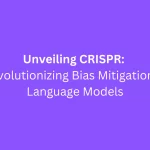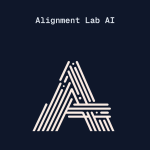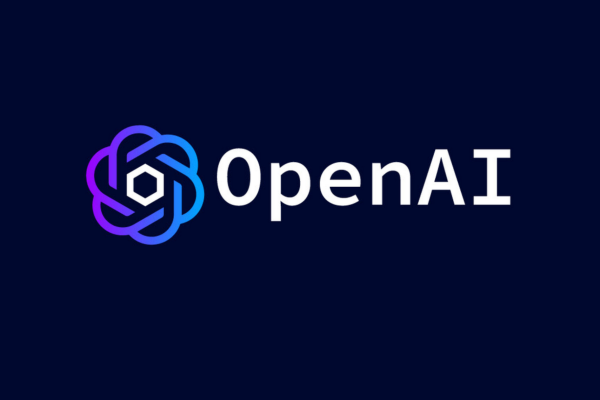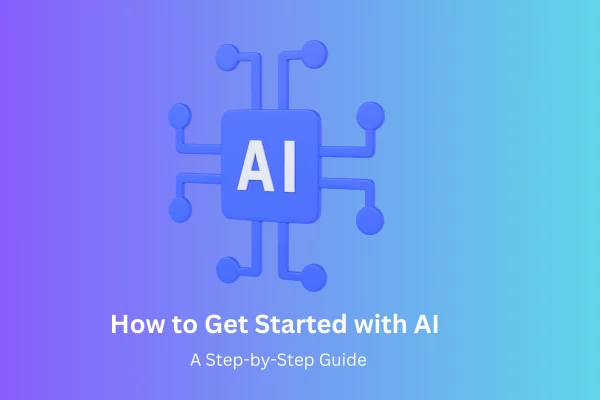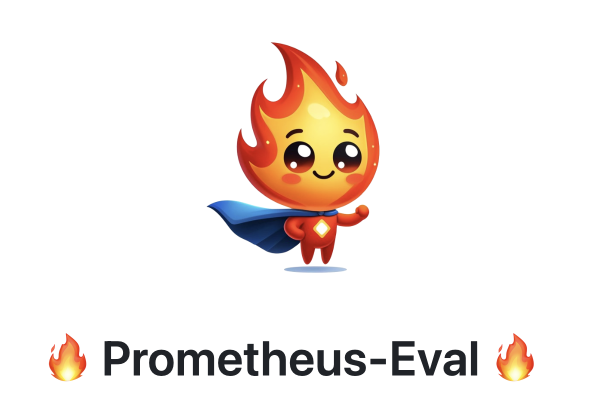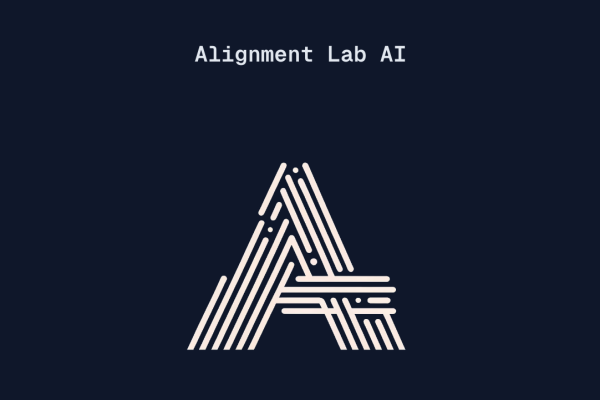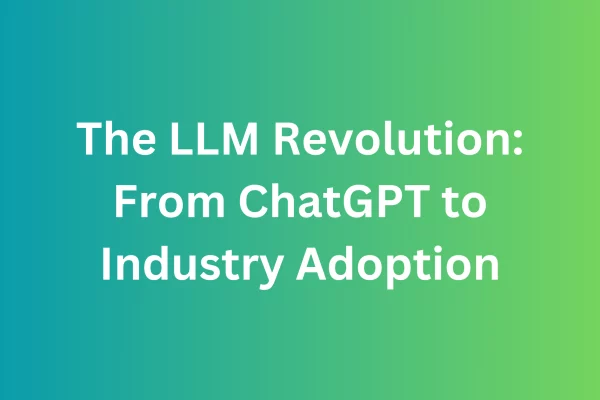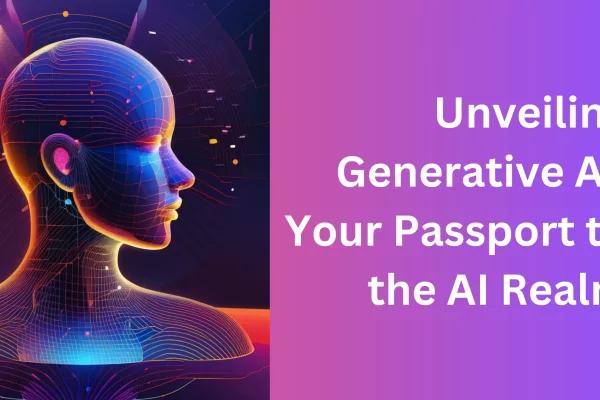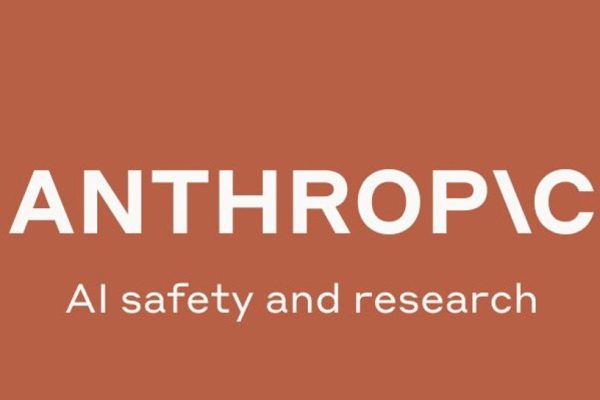
Decoding Complexity with Transformers: Researchers from Anthropic Propose a Novel Mathematical Framework for Simplifying Transformer Models
Transformers are at the forefront of modern artificial intelligence, powering systems that understand and generate human language. They form the backbone of several influential AI models, such as Gemini, Claude, Llama, GPT-4, and Codex, which have been instrumental in various technological advances. However, as these models grow in size & complexity, they often exhibit unexpected behaviors, some of which may be problematic. This challenge necessitates a robust framework for understanding and mitigating potential issues as they arise.



